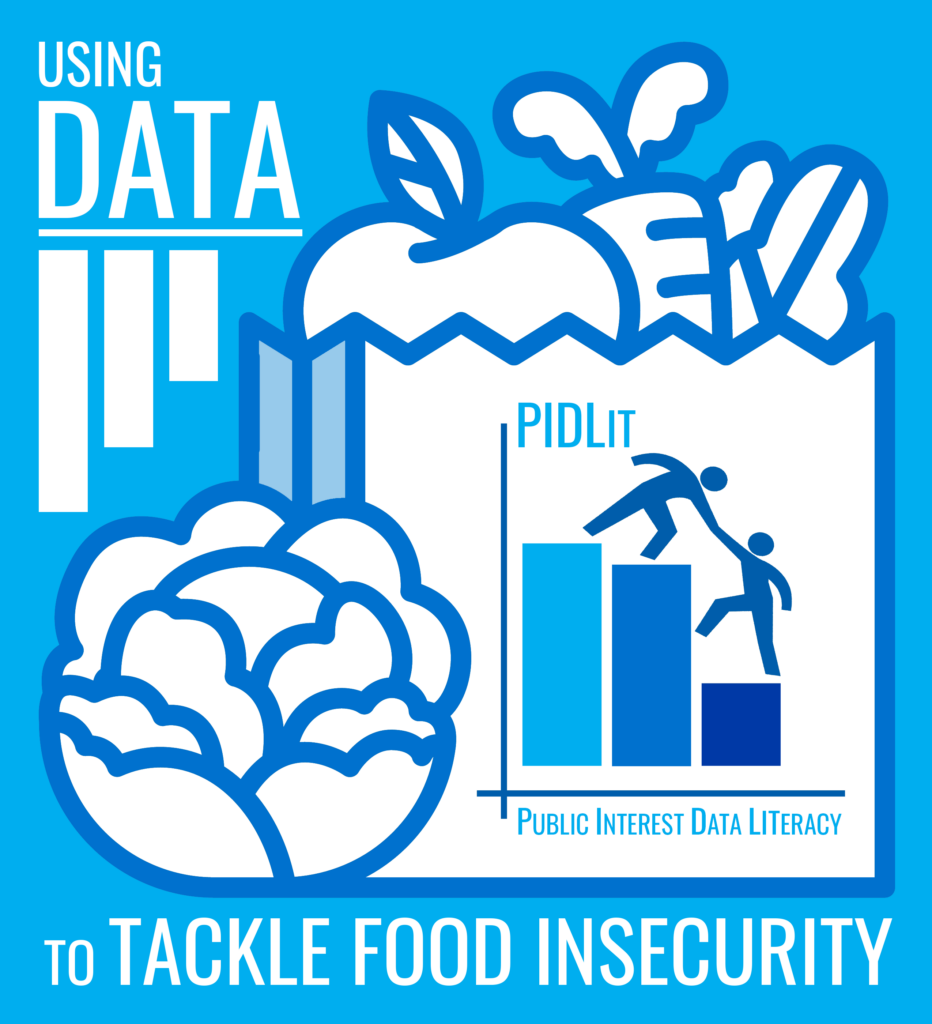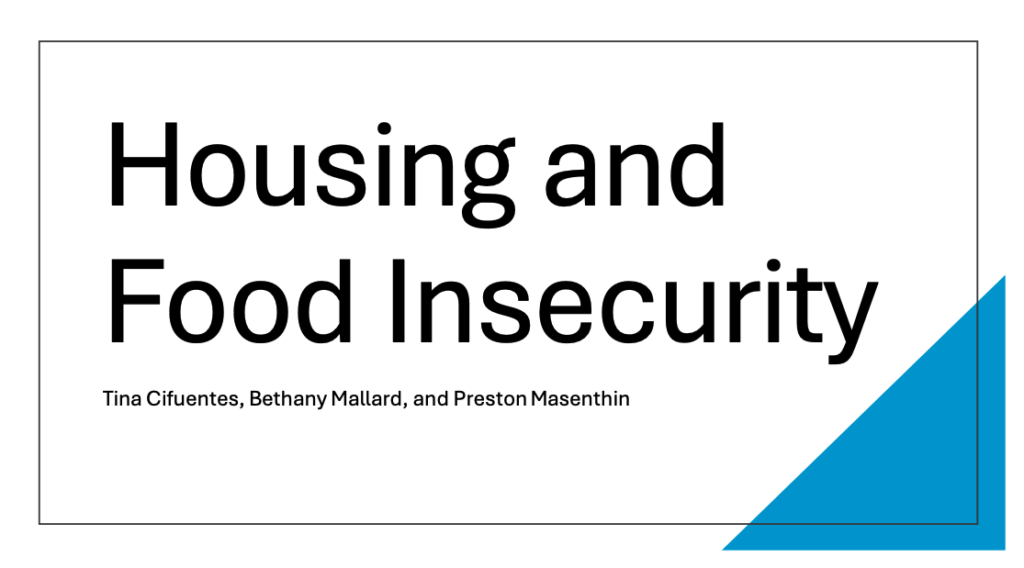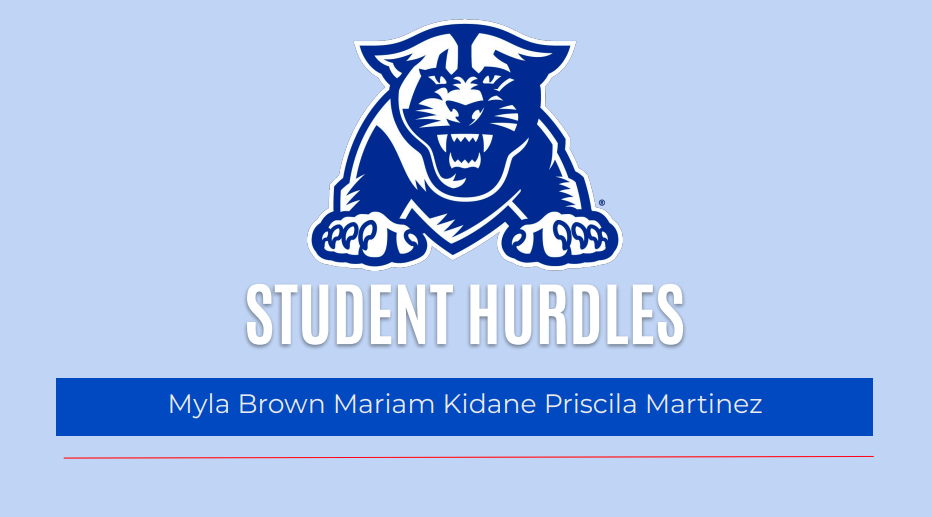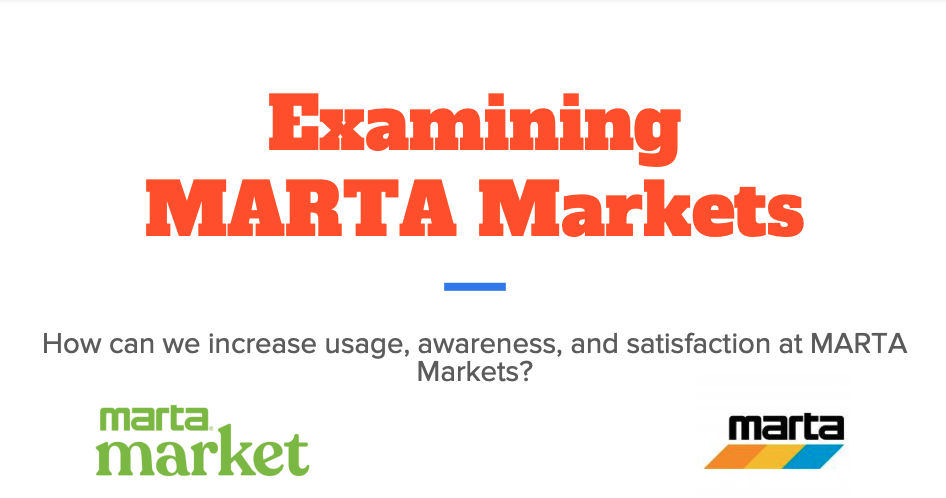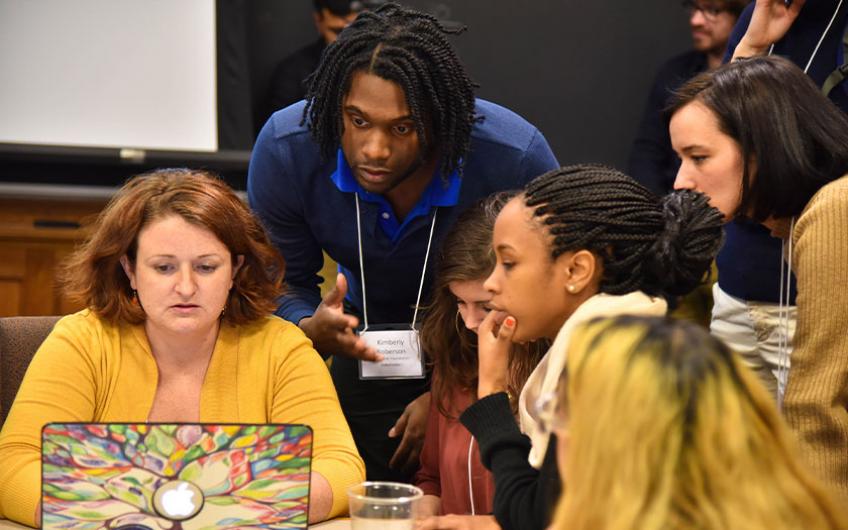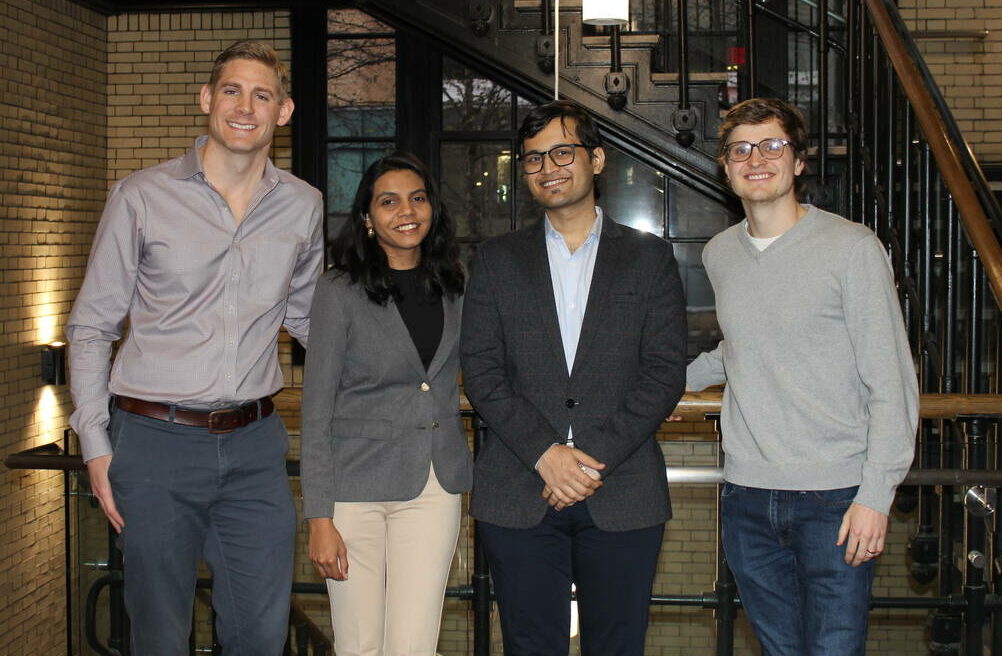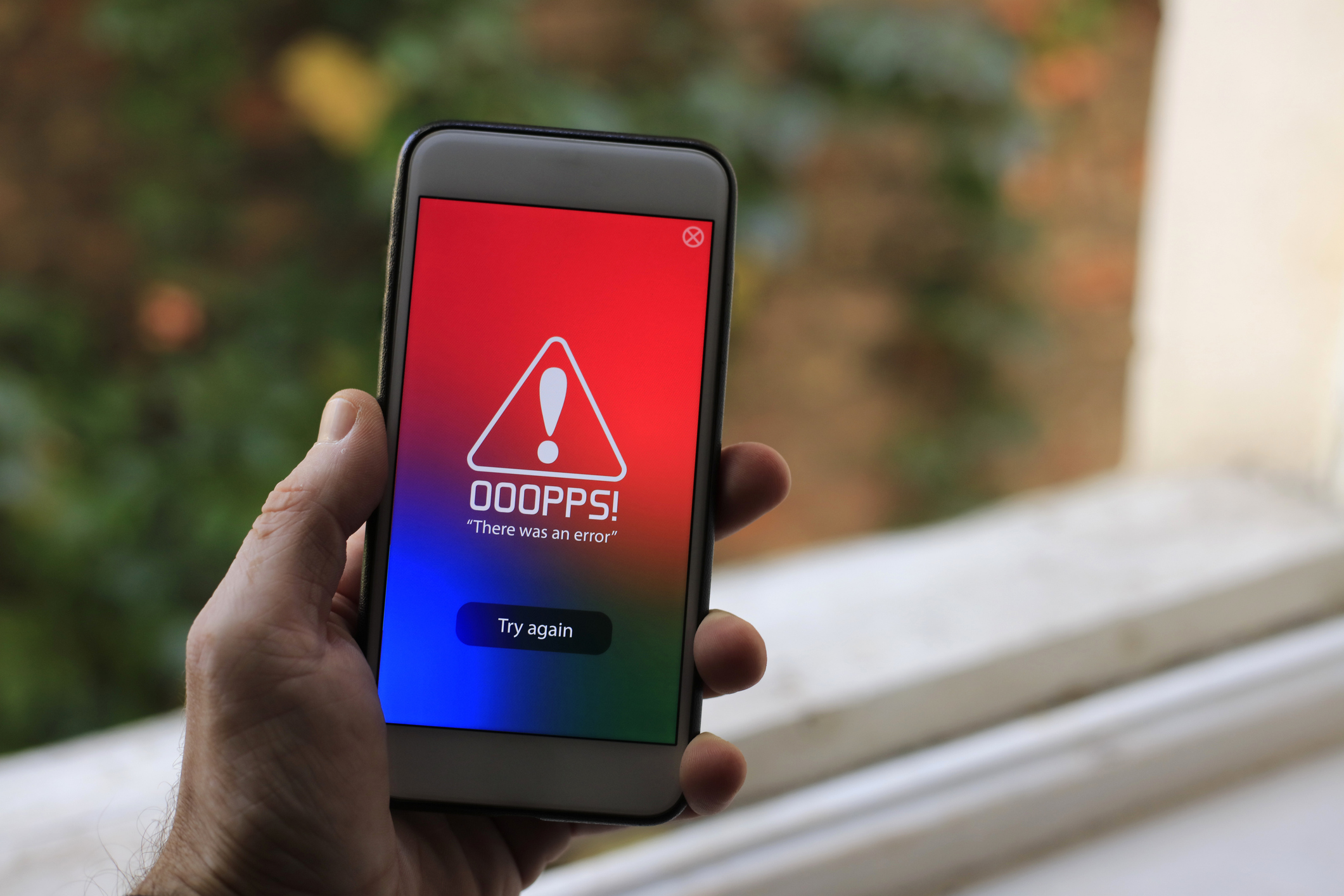PIT in Practice: Georgia State University
Redefining the Role of “Data Scientist”
When you read the word data scientist, what kind of person comes to mind? A solitary computer whiz, tapping away at their keyboard late into the night? A consultant analyzing spreadsheets to maximize corporate profits? A Silicon Valley entrepreneur pitching investors on the next big thing in AI?
What about a public policy analyst, or a food bank manager?
What about a librarian?
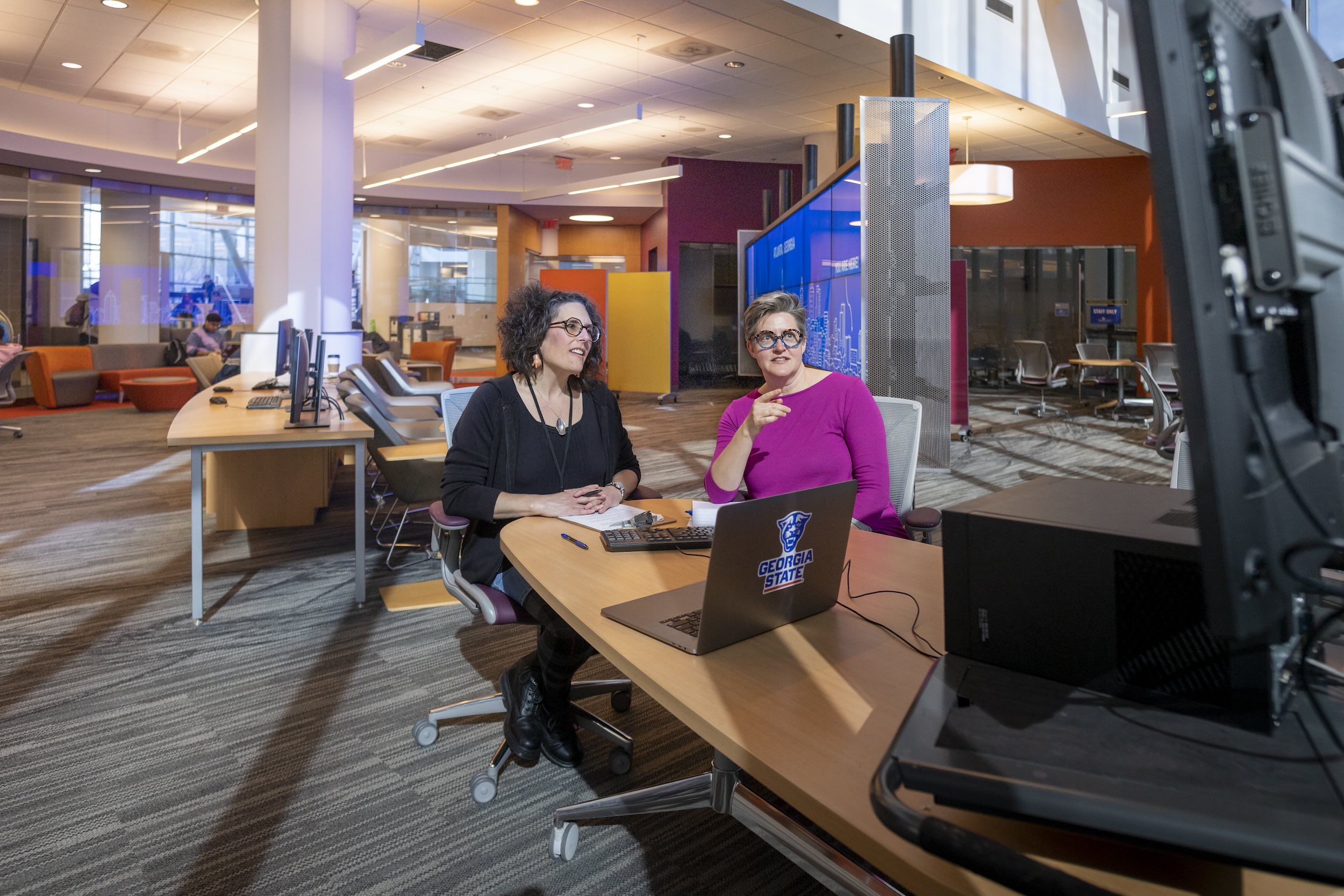
Data plays an evermore central role in society, informing and even dictating how governments set policy, how insurance companies decide who gets healthcare, which public schools students are assigned to, and where and how companies hire and fire employees. As data science – the use of statistics and algorithms to extract knowledge from large data sets – has become one of the most in-demand and high-paying professions, universities have created a plethora of degree programs.
But very few of them are built around tackling public interest issues like housing, environmental protections or food security.
“While data science applies to all sectors in society, its most robust uses to date have been for private or for-profit entities to analyze and predict consumer behavior,” says Cynthia Searcy, Associate Dean at the Andrew Young School of Policy Studies.
“Government agencies and nonprofits have very different aims than for-profit entities, and the tools and training for using data in these sectors is vastly underdeveloped.”
Cynthia Searcy, Associate Dean at the Andrew Young School of Policy Studies.

To address this gap, Searcy and her colleagues have built public interest data coursework for policy students, and a national consortium, Data Science 4 Public Service (DS4PS), to spread curricula to other public policy schools. And to grow public interest data training on its own campus and community, Georgia State faculty involved with PIT-UN looked not to a specialized STEM department, but to the department that reaches the widest range of students possible: the library.
Bryan Sinclair, Associate Dean, Public Services Library Administration was introduced to PIT-UN by Sally Wallace, then dean of the Andrew Young School of Policy Studies. With 2020 Network Challenge funding, he and library colleague Mandy Swygart-Hobaugh launched the Public Interest Data Literacy (PIDLit) Lab to train students in finding, evaluating, analyzing and using data to serve the public good.
Public interest technology aims to advance technology that serves all communities, especially those historically excluded from or marginalized by technology’s design, deployment and governance. As a minority serving public institution, Georgia State reaches a large percentage of Pell Grant-eligible first-generation college students, and its strategic plan emphasizes both career readiness and public service: “Our students are primed to be engaged citizens, community leaders and innovators, and effective collaborators who give back to society.”
Data Literacy: the Art of Asking Good Questions
Swygart-Hobaugh, trained as both a sociologist and a librarian, says that data literacy is highly valued by employers, and highly valuable for public interest work. She has also seen a major shift in how data skills are both valued and taught at the university level ever since data science, machine learning and artificial intelligence have risen to prominence. “When I was in graduate school, it was considered ‘bad’ to just mine your data without research questions to guide it. Now it feels like there’s a flip: just throw your data into the algorithms and let it tell you what it tells you.”
She recalls interviewing a Georgia State professor in late 2020 who was working on a “big data” project that used machine learning to mine text from massive datasets. The professor lamented that “students don’t understand the theory or the methods or the logic of ‘why are you looking at this data in the first place? What do you hope to gain from it? What are your guiding questions?’ That’s the literacy part.”
Swygart-Hobaugh hired Ashley Rockewell, a Ph.D. student in sociology, as a PIDLit fellow to develop a video series on data literacy skills. The team then embedded the videos in multiple learning environments: a career readiness course that all GSU students take, several professors’ credit-bearing courses and a new “Data Ready!” micro-credential where students from any major earned skill-based badges.
Meanwhile, the lab conducted outreach to community partners with the help of graduate researchers and student assistants to develop a virtual event series around using data as a tool for social justice. “Data in the ATL” convened practitioners from a wide range of organizations, from Data for Black Lives to Atlanta Legal Aid to the Federal Reserve Bank of Atlanta to discuss ways of using data to address issues like housing, finance and employment.
The PIDLit team received another round of Network Challenge funding in 2022 to build a course that would offer students hands-on experience conducting data projects on issues explored through the “Data Ready!” video series and “Data in the ATL” events. Tackling Food Insecurity: a Public Interest Data Literacy Learning Lab, co-directed by Mandy Swygart-Hobaugh, Halley Riley, and Ashley Rockwell, was offered to all majors through the Sociology and Public Health departments in fall 2023 and spring 2024.
Students learned public interest data collection and analysis skills while working on data projects with Panther’s Pantry, an on-campus food shelf for Georgia State students; Wholesome Wave Georgia, which provides programs to low-income families for increasing access to farmers’ market and cooking and nutrition classes; and the Metropolitan Atlanta Rapid Transit Authority (MARTA), which hosts fresh produce stands at public transit stops in high-poverty neighborhoods.
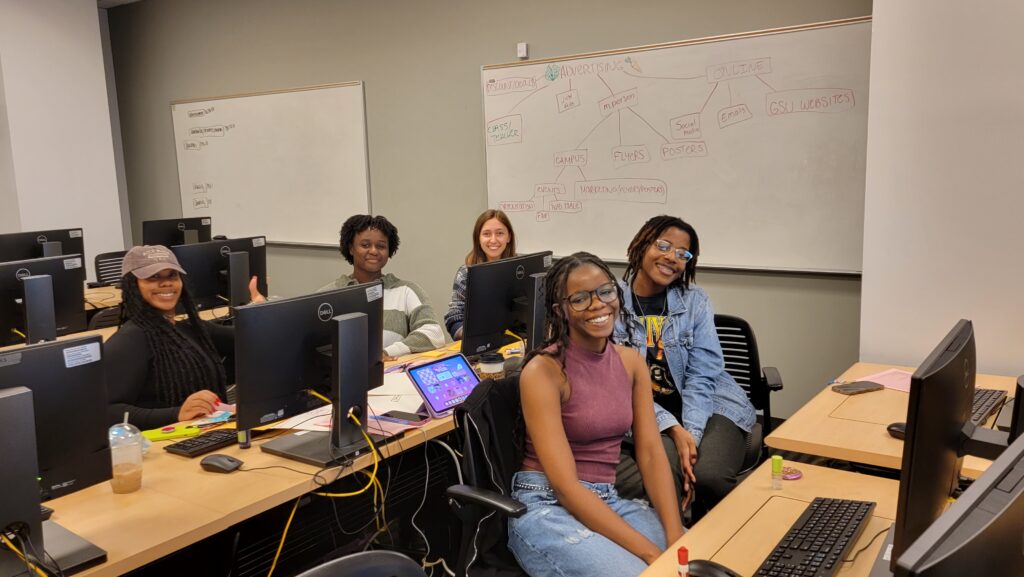
With Wholesome Wave Georgia, students helped staff sort through qualitative data from surveys and focus groups about barriers that low-income residents experience to purchasing and cooking fresh produce. Food for Health Manager Abigail Darwin was particularly impressed by the “listening, reflection, and professional skills” that students brought to the collaboration.
“The practice of these skills makes us feel as if our time is valued and that students are learning the critical skills needed to meaningfully engage with real-world data…[their work] strengthened our understanding of our programming and validated our upcoming programmatic changes.”
Final Student Presentations
The course also partnered with ATLytiCS, an organization that connects data professionals with area nonprofits to provide pro bono consulting services. “This class provided students in non-technical fields real end-to-end data project experience, and that will benefit them in any organization they work with in the future,” says ATLytiCS CEO Julie Grantier.
Swygart-Hobaugh says that a number of students in the course work full-time in the food service industry, and brought their own life experiences to bear on their final recommendations to Wholesome Wave. One student wrote in their end-of-course reflection, “I am a resident of the communities surveyed during the data collection…This class helped me by influencing me to have a larger voice about food insecurities in underprivileged neighborhoods.”
“I think a lot of new possibilities opened up for me,” wrote another student. “I have always seen myself as a humanities kind of person who ought to be scared of numbers, but the two go hand-in-hand and I am not afraid of pursuing things that require quantitative reasoning. I am excited to keep learning about data because I really can see a future for myself in data science now.”
Students Kokou Efou and Armina Fani worked with their professors to extend their research, which they presented at the Southern Sociological Society Annual Conference in May, 2024:
College Students’ Housing and Food Insecurity: the difference between on-campus and off campus-living.(Efou, Fani, Rockwell, Riley & Swygart-Hobaugh, 2024).
Transportation and Other Hurdles to Food Access. (Fani, Efou, Rockwell, Riley & Swygart-Hobaugh, 2024).
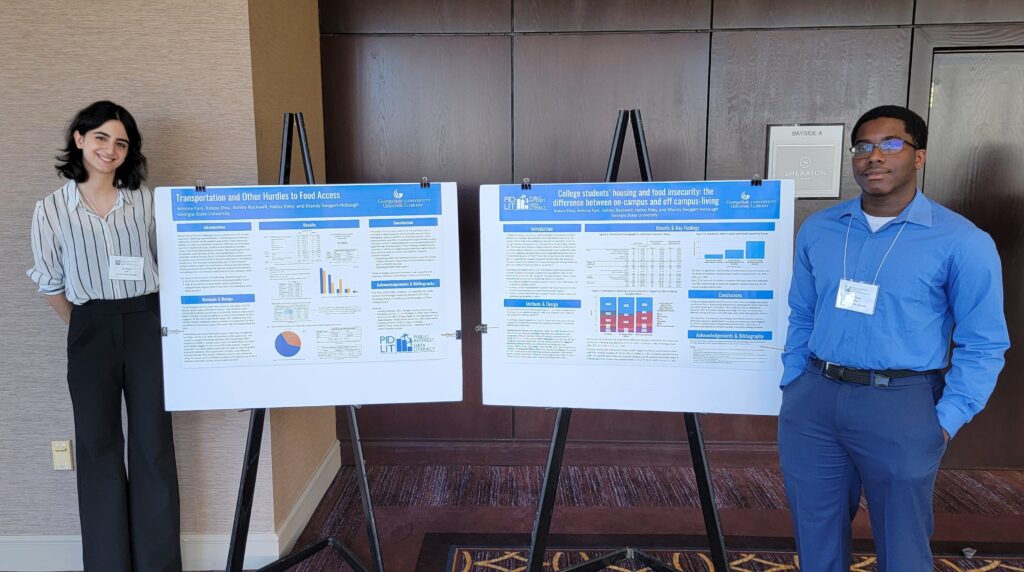
What is Public Interest Technology?
5 Keys to Institutionalizing PIT
What is PIT-UN?
GSU’s public interest technology programs underscore the value of exposing students in non-technical majors to data science, and the vital role that libraries can play in expanding access for both students and community partners.
“When students see how critical data can be for solving problems in their communities, they embrace learning skills that they may dismiss as being too difficult or boring,” says Searcy. “Through PIDLit and DS4PS, students feel empowered and confident that their skills and perspectives can influence positive change.”
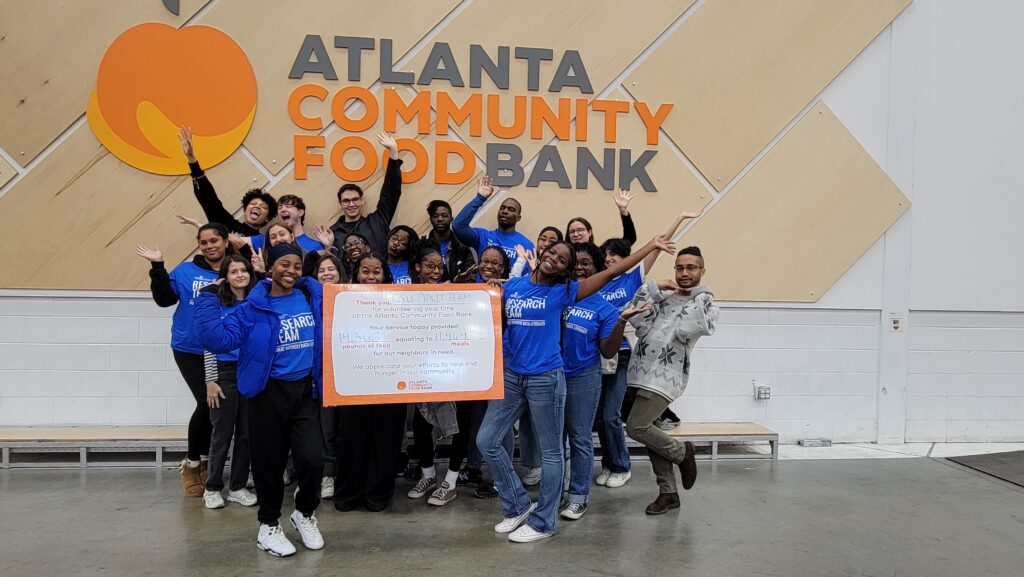
Take Action
PIDLit will be adding online educational resources (OER) to their website later this year. Reach out to Mandy Swygart-Hobaugh aswygarthobaugh [at] gsu.edu to learn more.
Faculty from public policy schools can learn more and join the Data Science for Public Service Consortium here, or reach out to Cynthia Searcy, csearcy [at] gsu.edu. Searcy recommends threading data analytics into public policy courses by partnering with computer science faculty and cross-university centers like the library.
Subscribe to the PIT UNiverse Newsletter
Related Posts
Teams of faculty and students at U Michigan conduct interdisciplinary research to identify the climate impacts of emerging technologies.
Through new courses, degree programs and an interdisciplinary center, CMU is steering AI development toward the public interest
We’ve seen enough AI failures to know that the tech is overhyped. But does that mean AI is a waste of time and resources – or are there applications of it we should claim and celebrate? Four public interest technologists weigh in.

